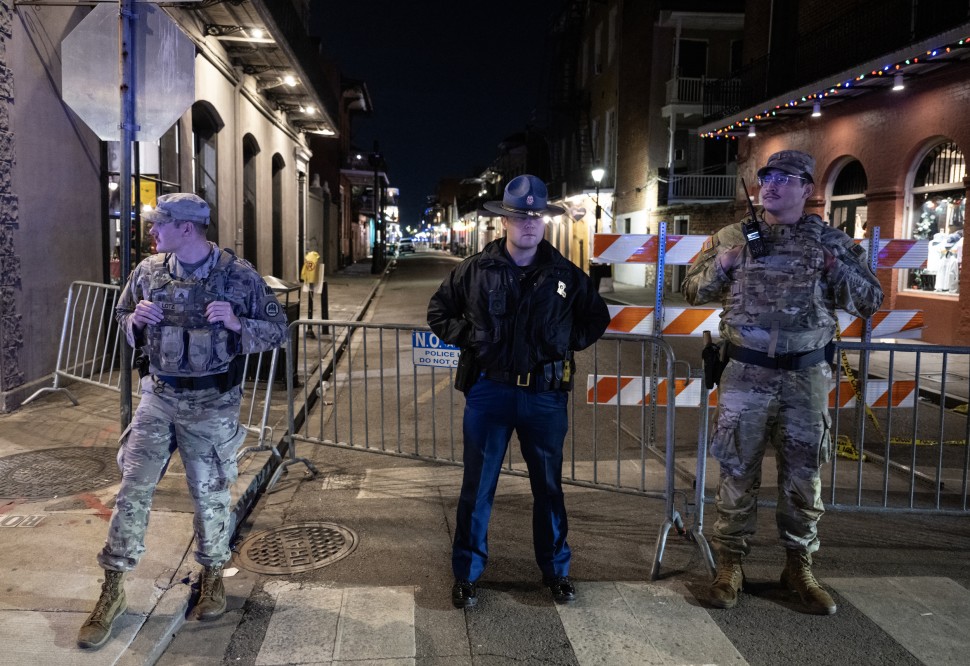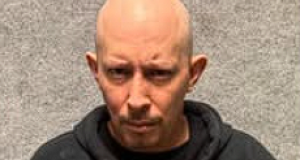
The FBI's handling of the New Orleans terror attack that ended in 14 causalities has come under scrutiny from a former agent following significant public reversals.
Shamsud-Din Jabbar, 42, of Texas, drove a truck he had rented around a police car blocking Bourbon Street by driving up onto the sidewalk. He then drove down the street, purposefully running down pedestrians. He eventually crashed the vehicle and emerged from it, firing a gun, only to be killed in a shootout with police, according to the FBI.
The latest update has 15 people dead, including Jabbar, in the incident and more than 30 hurt.
Initially, the FBI said the incident was not being investigated as an act of terrorism. Later, the FBI said that Jabbar had an ISIS flag in his vehicle and made videos with extremist rhetoric. The FBI then said that Jabbar had not acted alone and were seeking others involved in the attack, only to reverse themselves and say that Jabbar did indeed act alone.
"The FBI is getting hammered by the public regarding statements and actions regarding the New Orleans Terror Attack," said retired FBI Jennifer Coffindaffer in a post on X. "Yes, the FBI is beloved to me, but I call a spade and spade and expose issues where they exist."
Coffindaffer then attempts to explain what went wrong with the FBI's messaging regarding the attack.
"[FBI agent Alethea Duncan] said very early on that this wasn't a Terrorist attack. She was wrong and shouldn't have commented before she knew. She made a mistake. Why? Because at that time, I believe she didn't know about the ISIS flag and didn't know if perhaps some random nut job decided to commit mass murder with a car. Not all mass murders are Terrorist events. From a legal standpoint, motive must be considered by statute," Coffindaffer wrote.
"She stepped in it, but I think she had the strict legal definition in mind. I think she knew nothing about the flag at that moment. She is a good person, and I know she was not intentionally meaning to mislead," Coffindaffer added.
Regarding the misstep regarding accomplices, Coffindaffer wrote, "They again spoke way too prematurely. Why? Because they were seeking the public's help to find these individuals to interview them. At the forefront of their minds was public safety. They likely should have just asked for the public's help and not said they were accomplices."
Coffindaffer wrote that the reversals highlight why the FBI tends to avoid commenting during active investigations.
"Other than sending out written press releases, there was no reason to comment, and certainly not before they had concrete evidence," she wrote.
The FBI is getting hammered by the public regarding statements and actions regarding the New Orleans Terror Attack.
— Jennifer Coffindaffer (@CoffindafferFBI) January 3, 2025
Yes, the FBI is beloved to me, but I call a spade and spade and expose issues where they exist. Below were the issues. I offer an explanation for each. You can... pic.twitter.com/ZEP4d7WHmJ




